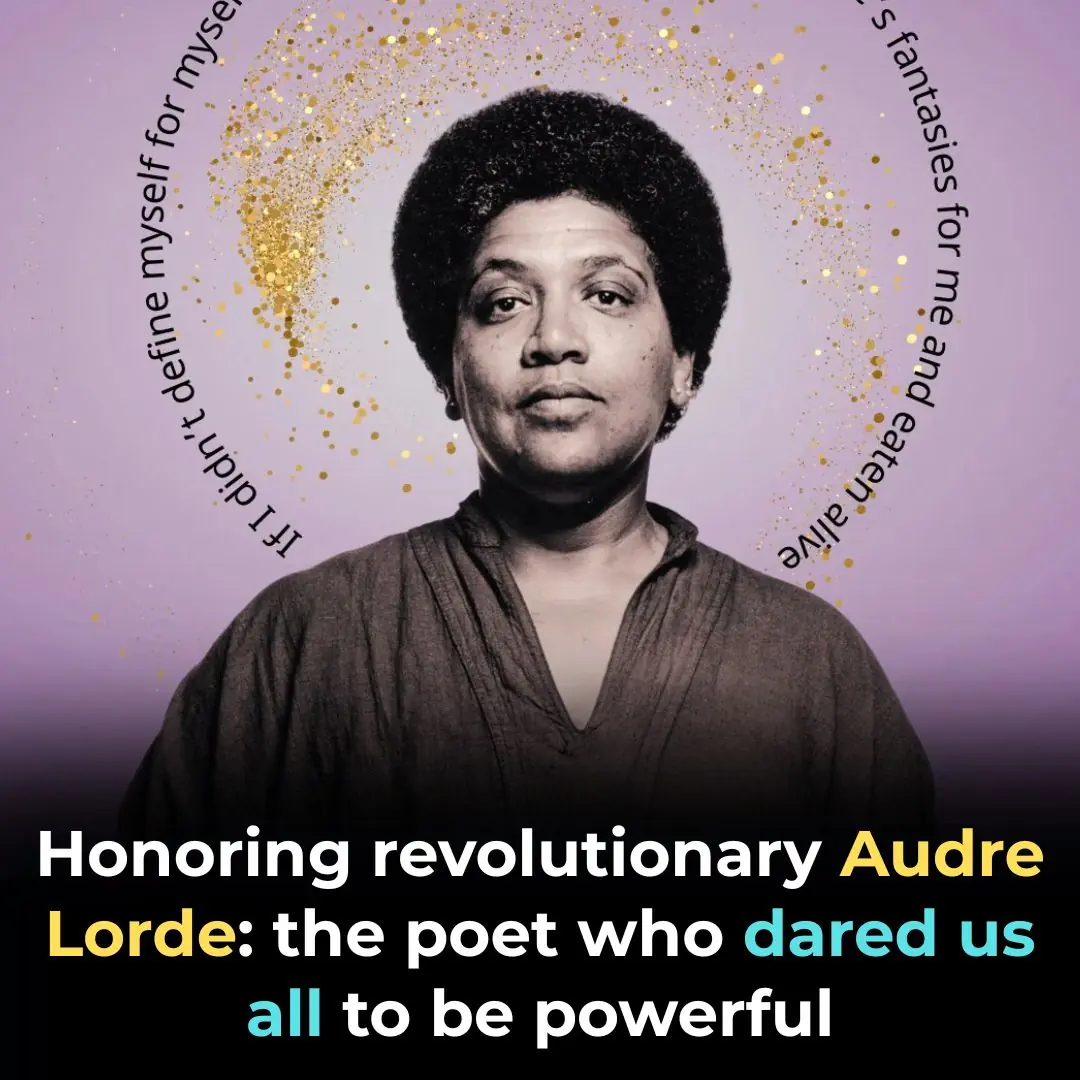
Remembering Civil Rights Titan and Congressman John Lewis
“Well done, thy good and faithful servant.”
The United States mourned the loss of one of its greatest moral leaders this week. Civil rights icon and longtime Georgia congressman John Lewis passed away after a battle with pancreatic cancer at the age of 80 (CNN).
Born on February 21, 1940, in rural Troy, Alabama, to sharecroppers Eddie and Willie Mae Lewis, John Robert Lewis grew up on a small farm tending chickens while dreaming of a more just America (The New York Times). Deeply inspired by the words of Dr. Martin Luther King Jr. and the Montgomery Bus Boycott, Lewis began his lifelong journey for equality as a teenager. At just 18, he penned a heartfelt letter to Dr. King expressing his desire to integrate Troy University. That single act of courage set him on the path toward becoming one of the most influential leaders in U.S. history.

King invited the young Lewis to Montgomery to discuss his plan, and though Lewis ultimately chose to pursue education instead of direct confrontation at Troy, his resolve only grew stronger. He enrolled at the American Baptist Theological Seminary in Nashville and later graduated from Fisk University with a degree in religion and philosophy in 1967 (NPR). During these years, Lewis immersed himself in the teachings of nonviolence and participated in some of the first sit-ins at segregated lunch counters in Nashville — actions that helped ignite the modern Civil Rights Movement.
By the early 1960s, Lewis had joined the Freedom Riders, a courageous group challenging segregation on interstate buses across the South. Arrested and beaten multiple times, he never wavered in his belief that peace could overcome hate. At just 23 years old, he became the youngest speaker at the historic 1963 March on Washington, standing alongside Dr. King and delivering a fiery call for justice. Two years later, as chairman of the Student Nonviolent Coordinating Committee (SNCC), Lewis helped lead the march from Selma to Montgomery across the Edmund Pettus Bridge in Alabama.
That peaceful protest — now known as “Bloody Sunday” — became a defining moment in American history. As marchers were brutally attacked by police, Lewis suffered a fractured skull. The televised violence shocked the nation and helped catalyze passage of the Voting Rights Act of 1965 (The Washington Post).
Reflecting on that day, Lewis once said, “Sometimes when I look back and think about it, how did we do what we did? How did we succeed? … But I felt when we were sitting in at those lunch counter stools, or going on the Freedom Ride, or marching from Selma to Montgomery, there was a power and a force. God Almighty was there with us. I gave a little blood on that bridge. I thought I was going to die. I thought I saw death.”
Despite the trauma and repeated violence he endured, Lewis never turned bitter. Instead, he transformed pain into purpose. After leaving SNCC, he served as Director of the Voter Education Project, registering more than 4 million minority voters between 1971 and 1977 (Atlanta Journal-Constitution). President Jimmy Carter later appointed him as Associate Director of ACTION, the federal volunteer agency. In 1981, he began his political career as a member of the Atlanta City Council, and in 1986, he was elected to the U.S. House of Representatives, where he served until his death — a remarkable tenure of 33 years.
His family’s statement described him as “the conscience of the U.S. Congress and an icon of American history… a stalwart champion in the struggle to demand respect for the dignity and worth of every human being.”
In Congress, Lewis’s moral compass remained unwavering. He championed voting rights, education, gun control, LGBTQ+ equality, and healthcare reform. He also became a mentor to a new generation of activists and politicians. His early endorsement of Barack Obama’s 2008 presidential campaign — at a time when many doubted its viability — helped cement Lewis’s reputation as a visionary who recognized progress even before it was visible (Politico).
President Obama would later honor him in 2010 with the Presidential Medal of Freedom, the nation’s highest civilian award. Obama called him “an American who knew that change could not wait for some other person or some other time.”
Even in his final years, Lewis’s voice remained a beacon of courage. Following the killing of George Floyd in 2020, he told Americans, “I heard Dr. Martin Luther King Jr. say on many occasions, ‘The arc of the moral universe is long, but it bends toward justice.’ I still believe we will get there. We will redeem the soul of America.”
Since his passing, citizens and lawmakers alike have called for the renaming of the Edmund Pettus Bridge in his honor. A petition on Change.org has gathered hundreds of thousands of signatures in support of the idea, symbolizing the lasting power of Lewis’s legacy (NBC News). His death came just hours after the passing of another civil rights legend and close friend, Rev. C.T. Vivian, underscoring the end of an era in the fight for justice.
John Lewis’s journey — from a sharecropper’s son to a congressional giant — reminds the nation that moral courage can change the course of history. As Lewis often urged in his final years, “Never, ever be afraid to make some noise and get in good trouble, necessary trouble.”
News in the same category


3 Flowers That Make Snakes Tremble — Natural Repellents You Can Grow at Home

You’re Taking Iron Supplements Wrong — Here’s the Science-Backed Way to Do It Right

Nana’s Baking Soda Hack: The Surprisingly Effective Trick to Soften and Thin Thick Toenails

Never Mix Medications in One Box: 10 Serious Risks Most People Don’t Know

The Right Way to Take Ashwagandha: A Science-Backed Guide to Unlock Its Full Potential

‘One Less Thing That I Have to Think About’: Michelle Obama Dishes on Life After the White House and the Freedom That Came With It

Coco Gauff Donates $100K to UNCF to Fund Scholarships for HBCU Tennis Players

Honoring Revolutionary Audre Lorde: The Poet Who Dared Us All To Be Powerful

5 Black YouTube Channels That Make Exercising Fun For Beginners

Grant Hill and Chris Webber Join Ownership Group to Bring WNBA Team Back to Detroit

Boiling Sweet Potatoes: Don’t Just Add Plain Water—Add This Spoonful for Perfectly Fluffy, Sweet Results

The Science Behind Putting a Cotton Swab in a Menthol Oil Bottle

More People Are Struggling with Visceral Fat — Doctors Reveal 9 Foods That Help Burn It Naturally

Black Turmeric vs. Yellow Turmeric: Which One Is Better?

Like to see more from Tips for the Home

I Had No Idea About This!

These Ideas Are Amazing: 10 Clever Ways to Use Dryer Sheets Beyond the Laundry Room
News Post

The #1 Food for Detoxifying and Supporting Kidney Health

Dark Chocolate and Tea Found to Significantly Lower Blood Pressure

Why This Doctor Refuses to Prescribe Statins for High Cholesterol

Top 5 Foods to Avoid if You Have High Blood Pressure

Why You Should Sprinkle Salt on Your Gas Stove

3 Flowers That Make Snakes Tremble — Natural Repellents You Can Grow at Home

You’re Taking Iron Supplements Wrong — Here’s the Science-Backed Way to Do It Right

Nana’s Baking Soda Hack: The Surprisingly Effective Trick to Soften and Thin Thick Toenails

Never Mix Medications in One Box: 10 Serious Risks Most People Don’t Know

The Right Way to Take Ashwagandha: A Science-Backed Guide to Unlock Its Full Potential

Shrimp injected with impurities is easy to distinguish: Smart people will see this point

Tips for cleaning an air fryer without scrubbing and still clean as new

25 Incredible Health Benefits of Goosegrass

The water pipe is clogged, just blame this and it will be solved easily, no need to waste money calling a plumber.

How to clean the bathroom easily and effortlessly: It will stay clean and fragrant all week long

Simple tips for making crispy roast pork skin without much effort: Golden brown, crispy skin like in restaurants

How bathing too often can affect your health

Dirty sofa, do not use wet towel to wipe: Use this to clean it, it will not be damaged

Drop this into the basin, clams and snails will release all the mud and dirt, making them 5 times more fattening.
